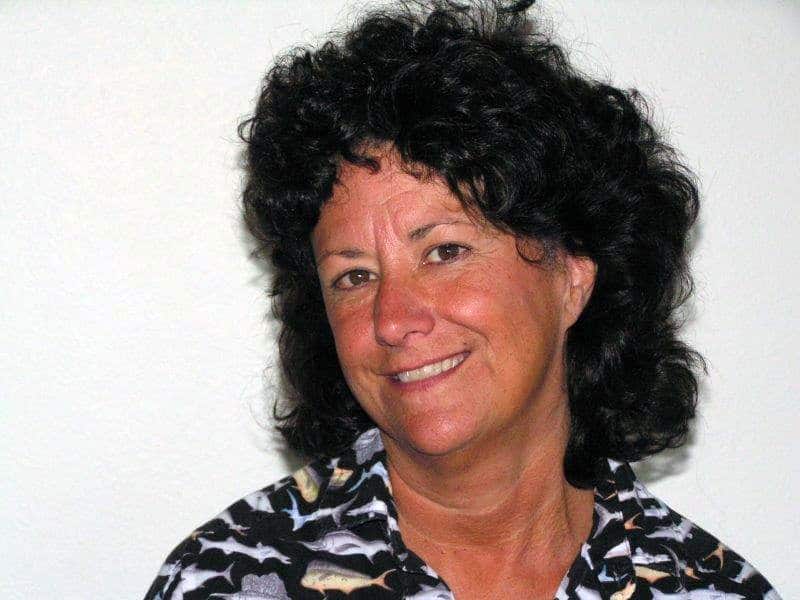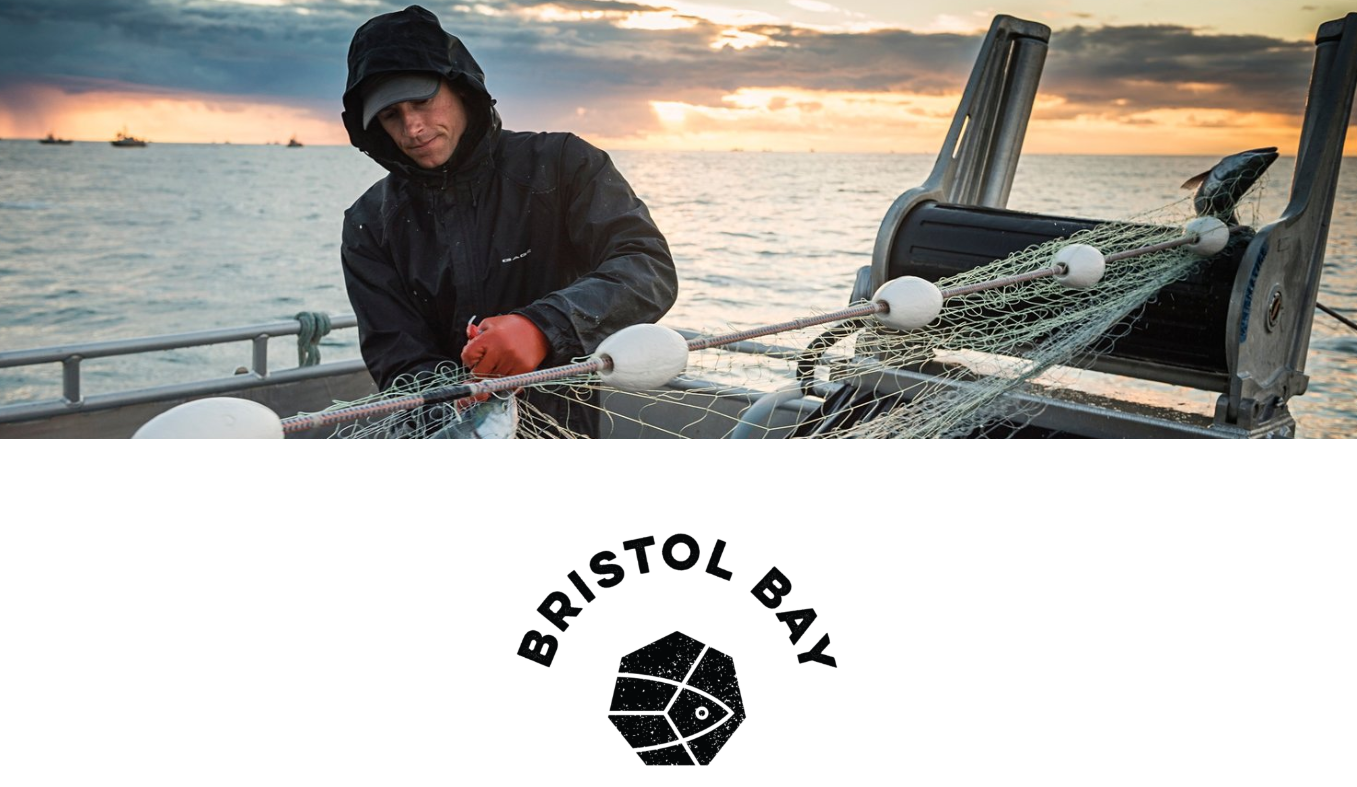In mid-September, Bristol Bay sockeye salmon will be featured for a week at nearly 30 restaurants in Washington, D.C., and in Wegman’s locations in Maryland and Virginia.
“Really they signed up very quickly. All we had to do was tell people we have this massive wild salmon fishery in Bristol Bay, Alaska, the largest in the world, and we want to create a special event around that to connect people to the place that it comes from and the people,” said Andy Wink, executive director of the Bristol Bay Regional Seafood Development Association.
The group, funded and operated by fishermen, was able to launch Salmon Week based on chef and retail relationships it has cemented in recent years, and through its use of promotions in stores and on social media.
The brand-building outreach is bankrolled by a 1 percent tax on the catches of Bristol Bay’s nearly 1,600 drift gillnetters, which they’ve paid since 2007. For 2018, Wink said that added up to $3 million; the association can use the money in any way it chooses.
From the get-go, it has invested in chilling systems and infrastructure to boost fish quality in the region. Processors rewarded chilling with bonuses that this year could pay fishermen $1.65 a pound or more.
Wink said chilling has been the group’s best return on investment.
“From an ROI perspective, you know that chilled fish are getting bonuses of usually 20 cents or better, and it often unlocks bonuses which are far in excess of that,” he said. “These are really high returning projects for us. Last year when we added it all up, the amount of chilled fish we produced by RSDA investments almost paid for all of the funding that we would normally get through the assessment.”
The handling improvements and boom returns of recent years have helped channel Bristol Bay salmon into markets other salmon fisheries can't supply.
“In the context of the Alaska salmon industry, Bristol Bay is really a market-moving fishery. In 2018, it was about half of Alaska’s total salmon value,” Wink said. "What happens in Bristol Bay affects the entire state in a lot of different ways." He added that all but three Alaska regions are home to residents who “fish the bay.”
“I think the only borough and census areas that don’t have a Bristol Bay permit holders are Nome, Skagway and Yakutat. Every other place has some residents who own a commercial fishing permit at Bristol Bay,” Wink said. “You’d be hard pressed to find any other fishery that has that type of scale and scope to it.”
Catch Bristol Bay Salmon Week in the nation's capitol, Sept. 16-20.







